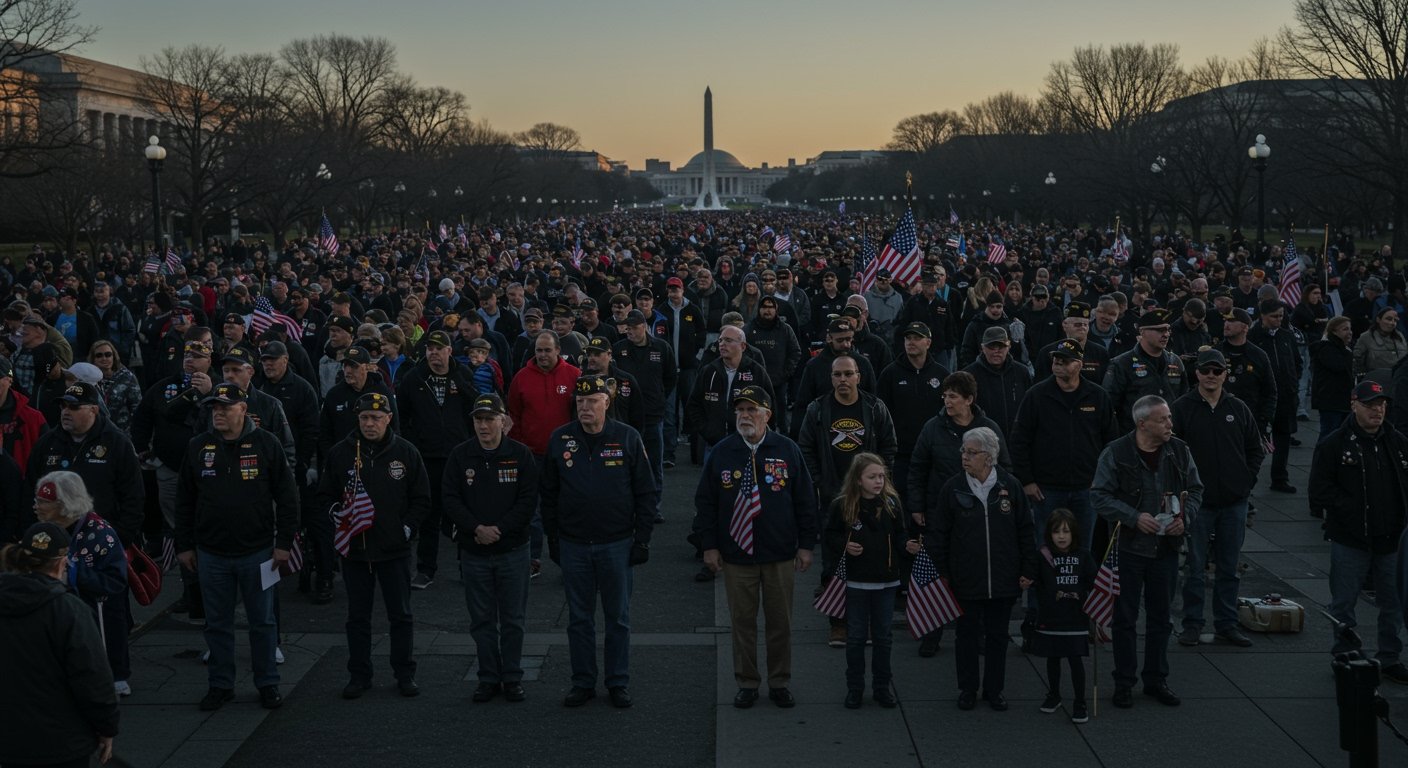New York — Developments concerning LGBTQ+ rights in the United States took center stage during a June 18, 2025 broadcast of the independent news program, Democracy Now!. The segment delved into significant actions impacting the community, specifically addressing a Supreme Court (SCOTUS) ruling concerning transgender healthcare and the simultaneous cessation of operations for a prominent LGBTQ suicide prevention hotline.
The broadcast featured commentary from Chase Strangio, a nationally recognized legal expert and advocate for transgender rights. Strangio’s remarks during the program were notably framed under the title “Harming Young People,” reflecting a central theme of the discussion: the perceived negative consequences of these developments on young individuals within the LGBTQ community.
Supreme Court Action on Trans Healthcare
The Democracy Now! report on June 18, 2025, specifically highlighted a decision by the Supreme Court of the United States (SCOTUS) that amounted to a ban on trans healthcare. While the full scope and specific legal arguments behind this SCOTUS action were not detailed beyond its description as a “ban,” its mention alongside other challenges to LGBTQ+ rights underscores its perceived significance and detrimental impact, particularly regarding access to essential medical services for transgender individuals.
Such a ruling from the nation’s highest court carries immense weight, potentially overriding lower court decisions and setting a nationwide precedent that could severely restrict or eliminate access to gender-affirming care. Advocates argue that access to such healthcare is medically necessary and life-saving, and a ban would have profound negative effects on the health and well-being of transgender people across the country.
Cessation of LGBTQ Suicide Hotline
Compounding the concerns raised by the SCOTUS decision, the Democracy Now! segment also reported on the ending of operations for an LGBTQ suicide hotline. Suicide rates are disproportionately high among LGBTQ+ individuals, particularly youth, often linked to societal stigma, discrimination, and lack of access to supportive resources. A dedicated suicide hotline provides a critical lifeline, offering immediate crisis intervention, counseling, and connection to mental health services for those in distress.
The cessation of such a vital service removes a key safety net for a vulnerable population. The timing of this development alongside restrictive legal actions regarding healthcare access further intensifies anxieties within the community and among allies regarding the availability of support systems during periods of increased stress and marginalization.
Chase Strangio’s Commentary: “Harming Young People”
During his appearance on Democracy Now! on June 18, 2025, Chase Strangio offered sharp criticism of these intertwined developments. His commentary, explicitly titled “Harming Young People” within the broadcast, focused intently on the potential and actual harm inflicted upon young transgender individuals and other LGBTQ+ youth by the SCOTUS ban on trans healthcare and the discontinuation of the suicide hotline.
Strangio’s perspective, as conveyed through the report, suggests that restricting access to healthcare that is often essential for the mental and physical health of young transgender people, while simultaneously diminishing access to crisis mental health support, creates an environment that is deeply detrimental to their well-being and safety. The title of his segment serves as a direct assertion of this perceived consequence.
The advocate’s remarks underscore the interconnectedness of legal rights, healthcare access, and mental health support for the LGBTQ+ community. The argument put forward is that when legal and systemic barriers are erected, and supportive resources are dismantled, the most vulnerable members of the community—young people—suffer significant and potentially irreparable harm.
Broader Implications and Concerns
The issues discussed on Democracy Now! on June 18, 2025, reflect broader concerns regarding the trajectory of LGBTQ+ rights and protections in the United States. Legal challenges to gender-affirming care and the precarious state of mental health resources highlight systemic vulnerabilities faced by the community.
The combination of restrictive judicial decisions and the loss of crucial support services paints a challenging picture, particularly for LGBTQ+ youth who may already face discrimination and lack adequate support in their immediate environments. The report, featuring Chase Strangio’s pointed commentary, serves to bring these critical issues to public attention, emphasizing the urgent need for protective measures and accessible resources to ensure the safety and well-being of young people.
Advocates continue to monitor legal challenges and work towards reinstating or establishing new support systems, while the discussion on programs like Democracy Now! brings these pressing concerns to a wider audience, highlighting the human impact of policy and judicial decisions on vulnerable populations.













